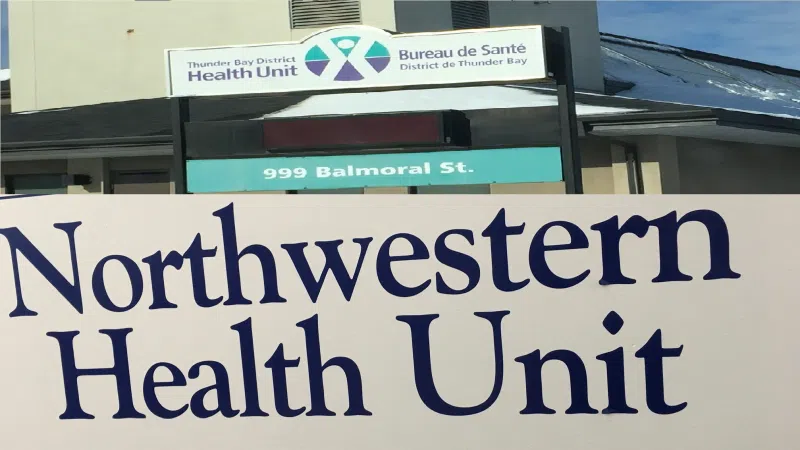Disability advocate welcomes new federal benefit
"A step forward" is how one disability advocate describes investments contained in this week's federal budget. Officials announced $6.1 bill...
20m ago
Jason Hafso / Unsplash
14 arrested for involvement in grandparent scam
Police in Ontario and Quebec have cracked down on a grandparent scam that included victims across the country. Fourteen people, all residents of Quebe...
14h ago
Northwestern Ontario organizations receiving emergency preparedness funding
The provincial government has announced a $5 million investment to help communities prepare for and respond to emergencies. The funding is being deliv...
15h ago
Open Grid Scheduler / Grid Engine
Health Units reject a merger
The two health units that serve northwestern Ontario have rejected a voluntary merger. The boards of both the Northwestern and Thunder Bay District He...
17h ago
What's Happening on CKDR
"Check Out" Ontario Park Day Passes
Dryden Public Library, Ear Falls Public Library, Sioux Lookout Public Library, and Red Lake Public library are all listed as participants! Give your l...
Apr 16, 2024
Red Apple Is Back In Sioux Lookout!
Lots of excitement in Sioux Lookout this past weekend! In fact it began on Friday when Red Apple's Grand Reopening in Sioux Lookout at 81 Front Stree...
Apr 15, 2024
Get Ready To Laugh!
Need a few laughs? 'Campfire Comedy' can help! 'Campfire Comedy' presents 'The Mark Menei Comedy Tour' with shows coming to several communities aroun...
Apr 10, 2024
Solar Eclipse 2024 in Sunset Country - Listener Images And Video!!
Despite overcast conditions yesterday afternoon in Northwestern Ontario not all was not lost went it came to seeing the Solar Eclipse! Thanks to a few...
Apr 09, 2024













